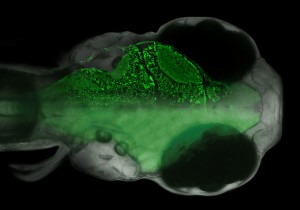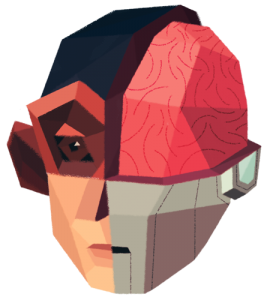Semantics, the investigation of linguistic meaning, draws on the traditions, methodologies, and superegos of the humanities and the social and natural sciences. As semanticists, we work in libraries and in the field, in armchairs and in labs, with grammars, corpora, consultants, and experimental data. We use logical and statistical methods. We are in a good place to connect the humanities and the social and natural sciences. We should do more to build those bridges.

Source: Hannah Arendt Center
The humanities are in a crisis. Enrollments for classes have dropped dramatically in recent years. Here is a commentary by Deborah K. Fitzgerald, the Dean of MIT’s School of Humanities, Arts, and Social Sciences.
“As educators, we know we cannot anticipate all the forms our students’ future challenges will take, but we can provide them with some fundamentals that will be guides for the ongoing process of exploration and discovery. We can help shape their resilience, and prepare them to analyze and problem-solve in both familiar and unfamiliar situations. Calling on both STEM and humanities disciplines — as mutually informing modes of knowledge — we aim to give students a toolbox brimming over with mental and experiential levers to support them throughout their careers and lives.“
Inspiration for how to design imaginative interdisciplinary undergraduate classes bridging the sciences and the humanities might come from the new magazine Nautilus, ‘a New Yorker version of Scientific American’: “Each month we choose a single topic. And each Thursday we publish a new chapter on that topic online. Each issue combines the sciences, culture and philosophy into a single story told by the world’s leading thinkers and writers.” The magazine and its website have essays, investigative reports, blogs, fiction, games, videos, and graphic stories. Another source of inspiration could be the Mapping Ignorance initiative of the Chair of Scientific Culture of the University of the Basque Country.
 The University of Pennsylvania Positive Psychology Center has established a new branch of Cognitive Psychology: Prospective Psychology. Prospective Psychology investigates the mental representation and evaluation of possible futures. Through the Templeton Science of Prospection Awards, 22 two-year projects will explore the field of prospection.
The University of Pennsylvania Positive Psychology Center has established a new branch of Cognitive Psychology: Prospective Psychology. Prospective Psychology investigates the mental representation and evaluation of possible futures. Through the Templeton Science of Prospection Awards, 22 two-year projects will explore the field of prospection. 







